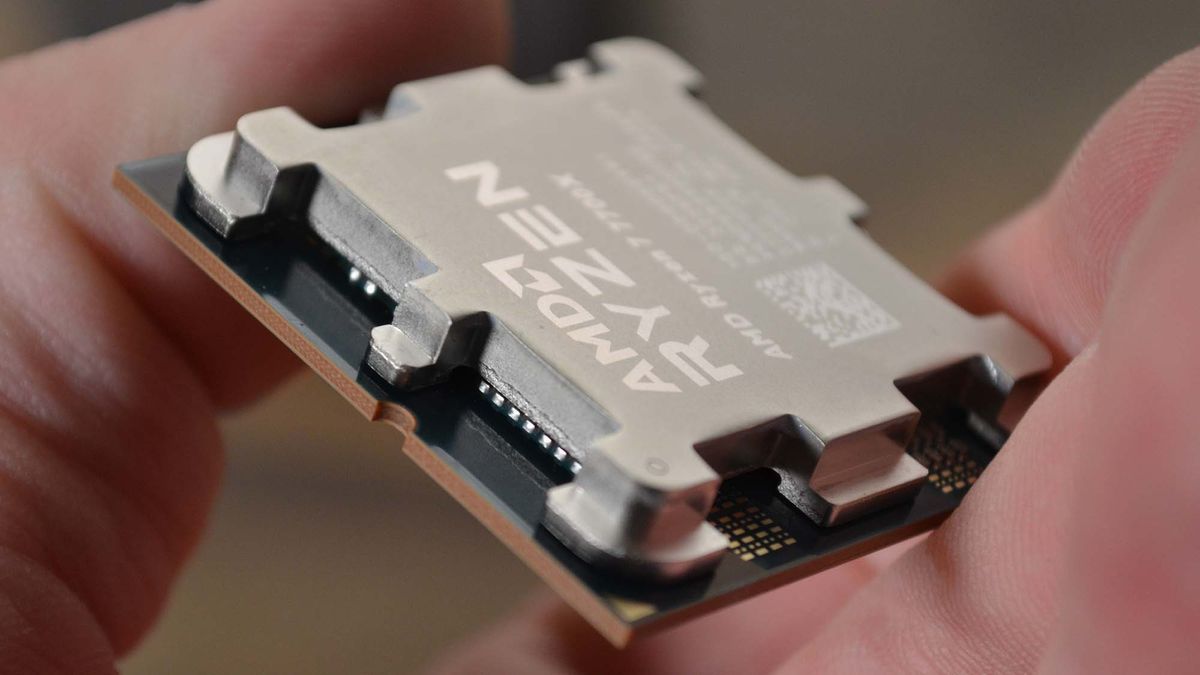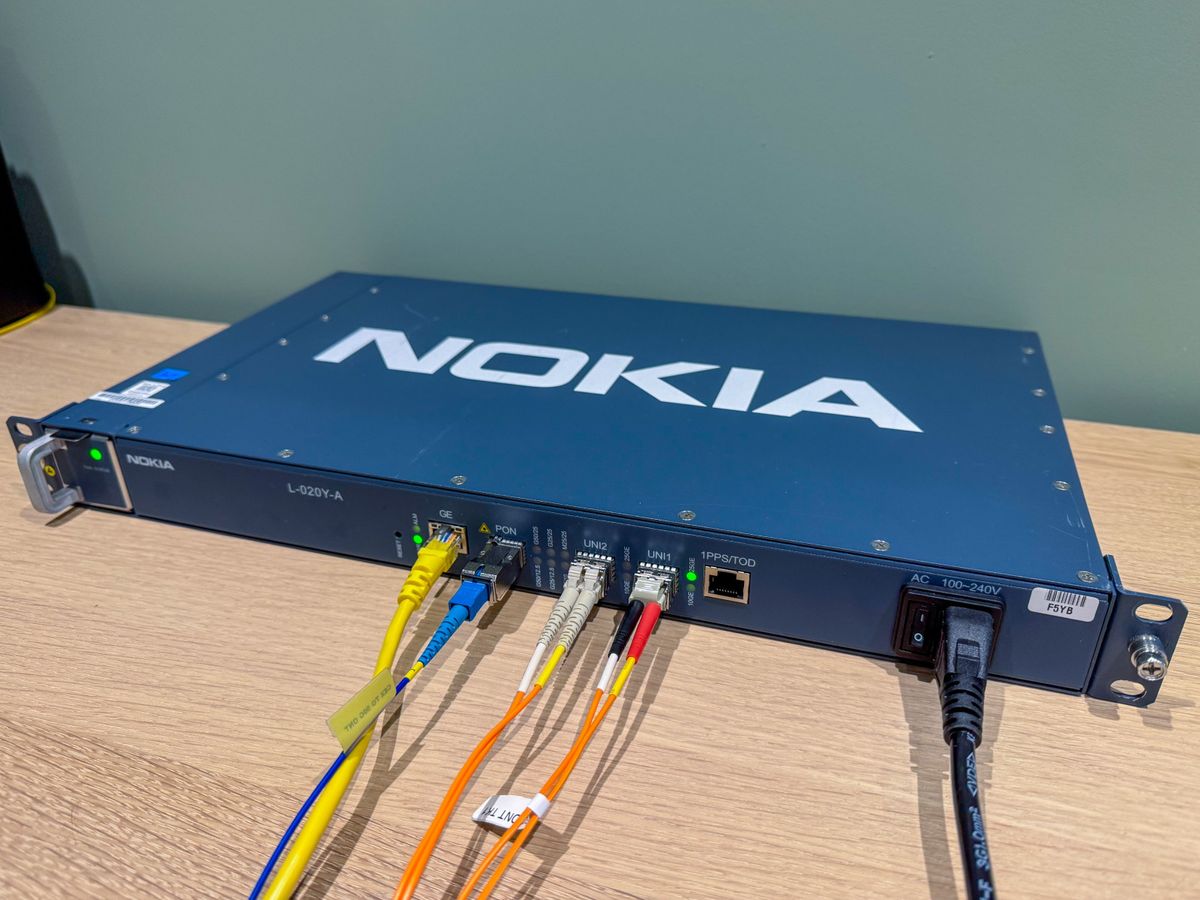AMD has confirmed that its Ryzen 9000 processors are coming out on July 31, and has provided us with some additional details about the next-gen CPUs.
As we already knew, the initial range of these Zen 5 processors – which will continue to use the AM5 socket – will consist of four models: the top-of-the-range Ryzen 9 9950X and Ryzen 9 9900X, along with the Ryzen 7 9700X and Ryzen 5 9600X, two key models for more conventional buyers.
It's not a huge surprise that AMD has announced the July 31 date, but we needed official confirmation to be sure. Rumors have previously been circulating pretty wildly about this date, and several retailers have listed Zen 5 chips with this date as well.
On top of that, we've recently seen photos of boxed Ryzen 9000 processors that have already appeared at retailers. (All AMD has said so far was that Zen 5 CPUs would arrive sometime in July.)
Unfortunately, we don't have any pricing details from AMD yet, though as always, there have been plenty of rumors around that topic. It seems like AMD probably won't change prices much compared to the current Ryzen 7000 CPUs. You never know.
AMD repeats some old points in terms of specs and the IPC improvement that Ryzen 9000 will provide on average, which is 16% over Ryzen 7000 – a respectable set of gains, in other words, across the entire new Zen 5 range.
There are some interesting details here, though, including the official introduction of ‘Curve Shaper’, which is an overclocking feature that was announced earlier. Additionally, we can see that the TDPs of the Zen 5 processors have been confirmed, and they remain as first announced by AMD at Computex, with the power consumption of both the 9700X and 9600X at 65 W. Why is this noteworthy? We’ll discuss it below.
Oddities of comparison
A bit of history here: the Ryzen 9700X's TDP of 65W has been reduced from the 105W consumed by its predecessor (the 7700X).
Now, as you may recall, there was a bit of a stir (or at least a buzz) around the 9700X when an AMD executive noted that the current-gen Ryzen 7800X3D would be faster than it for gaming, and that this was to be expected. Well, as we noted at the time, not really: going back a generation, that wasn't the case with the 5800X3D compared to the 7700X, where the latter was actually a tap faster (although they were pretty much the same, to be fair).
So there was a slight tinge of disappointment surrounding the 9700X’s gaming performance potential based on these statements from AMD. This in turn led to a rumour that Team Red might, at the last minute, increase the TDP of the 9700X (in other words, overclock and get better levels of gaming performance despite the aforementioned criticisms).
Well, we always thought that a possible doubling of the TDP (which the rumor suggested) seemed very unlikely (to put it mildly), and AMD has confirmed that this will not happen and that it will stick with 65W.
However, while AMD compares the 9700X to the 5800X3D (two generations later) in the materials highlighted by Wccftech (which seems like a cop-out to say the least), in fact, according to OC3D, Team Red also compared the 9700X to the 7800X3D and found it to be 2% faster than the current-gen 3D V-Cache workhorse.
This wasn’t the previous suggestion, and it’s an interesting twist on the story. Have AMD’s benchmarks been better selected for gaming? Well, we don’t know, and we really need to wait to run our own tests to find out how the Ryzen 9700X performs at its much lower TDP. If it can essentially keep pace with the generational gains achieved by the 7700X, while using much less power, that’ll be pretty impressive – but until we see the CPU in action, we’ll reserve judgment, as always.
Either way, those looking for a mid-range CPU for a gaming PC will probably want to wait for the 9800X3D anyway, especially since the next-gen X3D could theoretically arrive in September.









